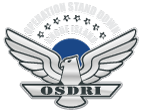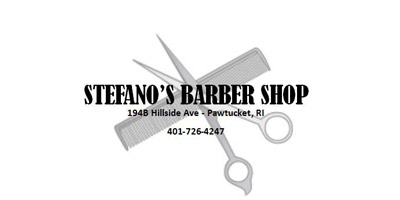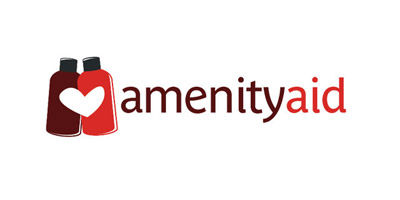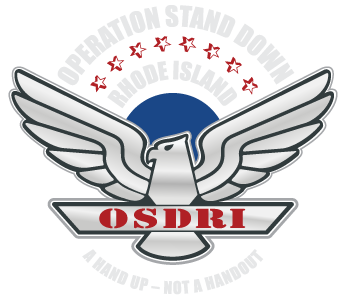VA Disability
General Statement
Once you have submitted your claim, the next step is to develop the relevant evidence for each claim. There are two types of evidence you can submit: medical documentation and lay statements. Both types of evidence are crucial to winning your case, and because you are probably not a licensed medical professional, the next best thing you can provide is your first-hand testimony.
Having a well-written statement will not only increase your chances of winning; it will also make sure you are prepared to provide the VA examiner with the relevant information the VA needs to accurately evaluate your condition. Your statement can also be used to identify a medical condition, to report an earlier medical diagnosis, or even to identify symptoms that support a subsequent diagnosis by a medical professional. Remember: the VA cannot read your mind; unless you tell them, they have no way of knowing what you experienced, the symptoms you continue to suffer from today as a result, or how those symptoms impact your life.
To get started, use our statement generator to provide the information the VA needs in order to award service connection and assign an accurate rating evaluation. You should provide at least one statement for each claim. If you’re not sure what info to put in your statement, follow the guided question prompts for your claimed condition, and the statement generator will build a well-developed statement for you! If you are represented by OSDRI, your representative will work on your statements with you to make sure they have relevant information that supports your claim. When you submit your finalized statements to the VA on your behalf.
What Should My I Put In My Statement?
If you are trying to get the condition service-connected, you are going to have to put a little more work into your statement. Think of the 5 “W”s – “who, what, where, when, and why.” Your service-connection statement should do three things: (1) focus on what happened in service to cause or aggravate your current condition, (2) track the evolution of your condition and symptoms from service to today, and (3) discuss how your condition continues to affect your life today. Not providing information on the history of your symptoms is one of the main reasons the VA denies a claim for service connection. While you may not be a licensed physician, the VA assumes you are probably the most competent and credible witness to testify to the symptoms you have experienced over time.
To get started, use our statement generator to provide the information the VA needs in order to award service connection and assign an accurate rating evaluation. You should provide at least one statement for each claim. If you’re not sure what info to put in your statement, follow the guided question prompts for your claimed condition, and the statement generator will build a well-developed statement for you! If you are represented by OSDRI, your representative will work on your statements with you to make sure they have relevant information that supports your claim. When you submit your finalized statements to the VA on your behalf.
Buddy Statements
A “Buddy Statement” is exactly what it sounds like – a statement from one of your fellow service members, a spouse, or other family members that can help connect your injury to your service. A buddy statement can also provide insight into your behaviors and abilities before and after the event or injury in service, as well as confirm the dates, locations, and details of stressful events.
Buddy statements from fellow service members or from close family and friends are extremely valuable pieces of evidence. These statements can provide added support for the credibility of your statement. Buddy statements should be written by the people that were with you when the in-service event or injury occurred, and can provide insight into lengthy periods of combat, difficult incidents (fellow soldiers wounded or killed, explosions, etc.), working conditions, and verify the type of equipment used.
Without a statement that can verify your account of what happened in service, it may be harder to prove that certain claimed conditions like Post-Traumatic Stress Disorder (PTSD) and Traumatic Brain Injuries (TBI) are connected to your active duty service. Buddy statements from fellow service members can also establish direct exposure to Agent Orange for veterans that may not have served in Vietnam, but still handled materials that were exposed to the dangerous chemicals.
If you have remained in contact with other service members, you can begin the process by asking them if they would be willing to write a statement. If you have not remained in contact with your fellow soldiers, it may be a little more difficult to track someone down. If your entire claim is dependent on verification or input from another veteran, The National Personnel Records Center may be able to forward information to the veteran that you are searching for.
If you have found a “buddy” who is willing to put together a statement for your case, it is important that you provide them with some information about your claimed condition for context. They need to understand the specific event or injury you would like them to discuss in their statement. The statement should be direct and to the point and include the following information:
All statements should be signed and include address and phone number of the person providing the statement.
Buddy statements can also be written by close family and friends. These statements can provide extra support to boost the credibility of your statement. Buddy statements from those close to you can provide valuable insight into how your claimed condition affects your life, and especially how the claimed condition has impacted your ability to work. Ask a few close family and friends who have personally witnessed your symptoms over time to write a buddy statement for your case. All statements should be signed and include address and phone number of the person providing the statement.
Be sure to direct them to the Statement Generator on our website, where they can select “Buddy Statement” from the drop down menu if they need some help getting started.
OSDRI VA Disability Benefits & Services
















